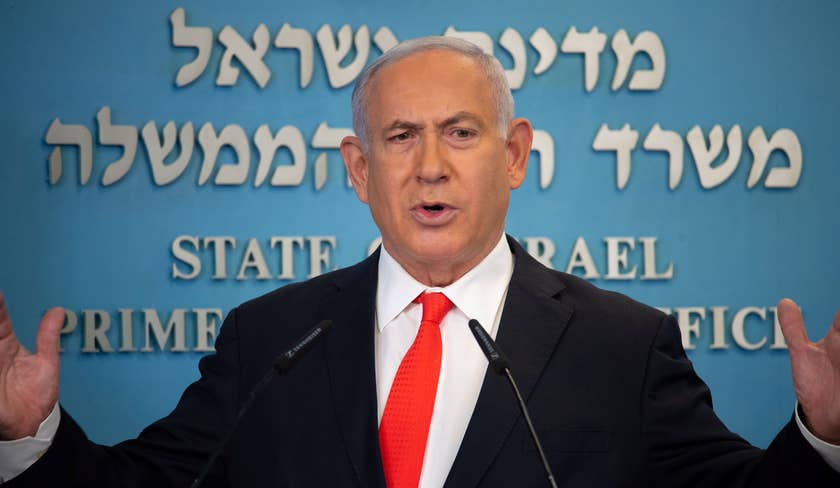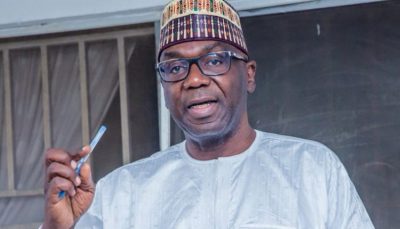
Israel’s government has decided to impose a lockdown lasting three weeks, the first country to reimpose such severe restrictions on a national scale, after a dramatic resurgence in coronavirus cases.
Fearing mass gatherings during a string of national holidays over the next month, the cabinet decided to shut down the country as of Friday, the Jewish new year, until 9 October.
Speaking at a press conference shortly after the vote, the prime minister, Benjamin Netanyahu, said hospital heads had warned the healthcare system would be overburdened if infection rates continue to rise. According to him, they raised a red flag.

Netanyahu said people will be forced to remain within 500 metres from their homes, with exceptions for lone exercise. Schools and all but essential shops will be shuttered. A gradual loosening of the rules would only be implemented if the rate of infection drops.
With the country already hit by a deep, pandemic-induced recession, the decision to reinstate lockdown has divided the government and the nation.
Housing minister Yaakov Litzman, formerly the health minister, resigned on Sunday. Litzman, who heads a Jewish ultra-Orthodox party, decried the lockdown during the religious holiday period, which he said would prevent worshippers from attending major Jewish services of the year.
Meanwhile, some business owners, including restaurateurs, have said they will choose to ignore the rules or face financial ruin.
Last spring, the country of 9 million people was widely praised for a swift and strict lockdown, which was credited with dramatically reducing the spread of the virus.
However, Netanyahu has since come under criticism for reopening the economy too quickly in May. New cases have soared, and the government has been blamed for mismanagement as unemployment has skyrocketed to double-digits.
.Israel has reported almost 150,000 cases and more than 1,100 deaths – a relatively low mortality rate, although ministers have warned it could quickly rise as new infections have recently risen to 4,000 per day.
Anger around the government’s handling of the pandemic has fuelled ongoing protests against the prime minister – who has been accused by critics of anti-democratic power-grabs and is currently on trial for corruption.

